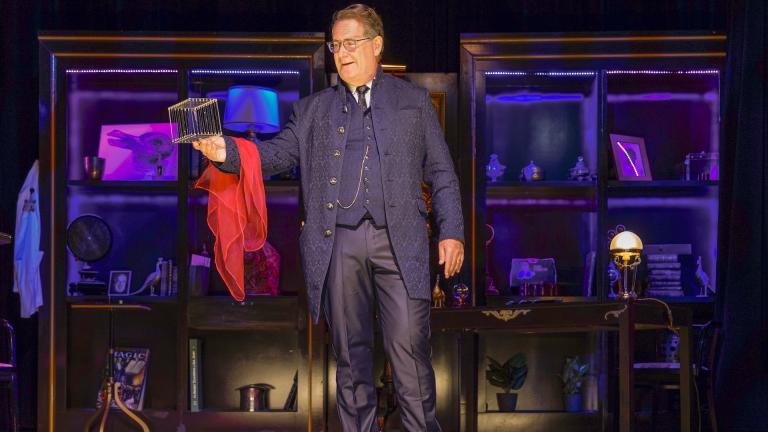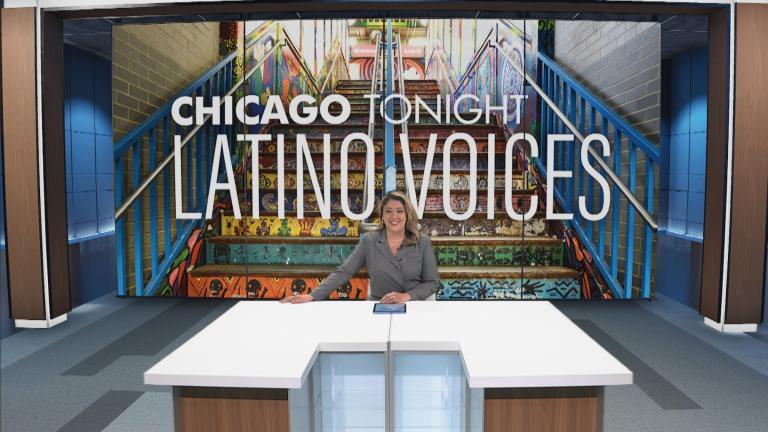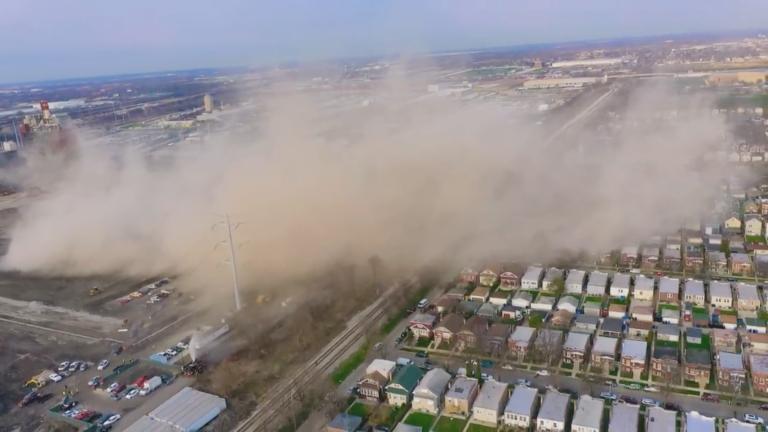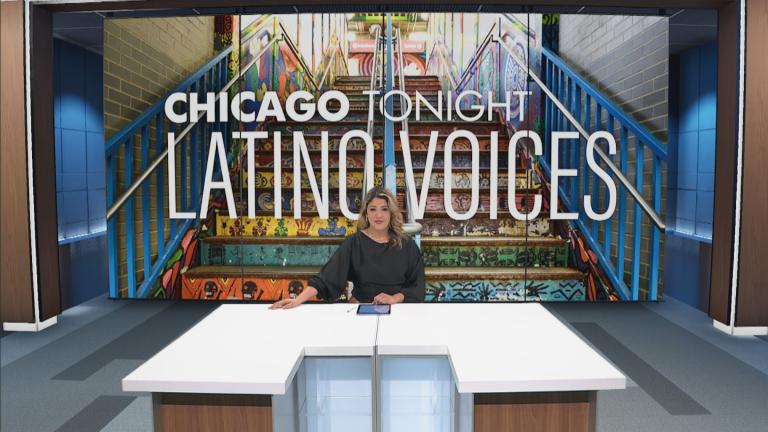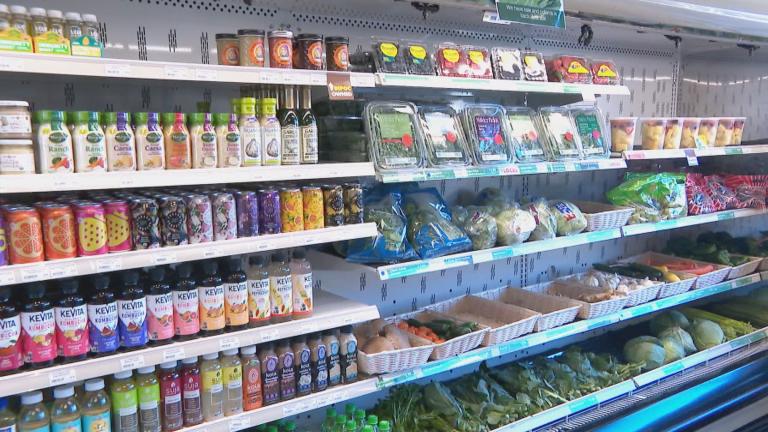For refugees, the road to resettlement is often far from smooth. Not only is the journey to the U.S. often dangerous, but once refugees arrive, they can face language barriers, legal challenges and financial difficulties.
Tuesday, June 20, is World Refugee Day, a day recognizing people from around the world who have been forced to flee their home countries. In Chicago, a number of events are taking place to honor the experiences of refugees and celebrate their contributions to their new home.
Crucial to understanding the refugee experience is understanding how they are legally distinct from other categories of immigrants, said Chicago Refugee Coalition executive director Alisa Bhachu.
“A refugee is an individual who has been forced to flee their country of origin based on persecution, association with a political group, a social group,” Bhachu said, “and refugees or individuals who are given refugee status have to go through extensive security and all kinds of background checks in order to be granted the refugee status that is given to them as a humanitarian protection by national governments and states and so forth. It’s an extraordinarily different process in terms of the steps that an asylum seeker needs to do, so they have to avail themselves to UNHCR in a second country of refuge. Typically, the average is six years that a refugee goes through the process before their claim even comes up to bid. And very few individuals actually garner refugee status, less than 1% of the world’s population become refugees. So those individuals have a unique sort of status compared to asylum seekers.”
Centro Romero is the city’s oldest organization supporting refugees primarily of Latino origin. One of its founding members, Daysi Funes, came to the U.S. as a refugee from El Salvador in the 1980s. She said refugees today face many of the same challenges as they did back then.
“One of the challenges I would say (is) that they don’t have economical help,” Funes said. “Secondly, they don’t have a guide, how those will qualify here, how to qualify for immigration status, people without a permit to work or stay here legally. It’s very difficult for them to find a job. Nobody will give you a job without social security or permit to work.”
Of the largely Venezuelan immigrant population recently arrived in Chicago, Bhachu said, “they fall with all of the humanitarian rights to have the ability to apply for asylum in a country of safety and security. So they have a right to … be here and a right to seek protection based on their unique claims.”
Luisette Kraal runs a free store for immigrants in Rogers Park. She said the thousands of Venezuelan migrants she has helped had different ideas of what would happen when they arrived.
“I think the biggest expectation would be that they thought they would work right away and provide for themselves and their family here and back home,” Kraal said. “Once it is clear that that’s not happening, they should actually be redirected to filing their asylum claim and finding the proofs that they have for that asylum. So that’s a procedure; it takes time. And we see that they don’t know how to do it, the desperation and then mental health problems, they definitely need help.”
Ultimately, Bhachu said, being a place where refugees can successfully resettle comes down to Chicago and Chicagoans being prepared to support them early in the process.
“I think that the key to successfully integrating in whatever community refugees find themselves is adapting culturally and … feeling and being really welcomed by the community that is receiving them,” Bhachu said. “But it also requires a longer-term commitment from the broader community to help connect them with networks, to get great employment and to get their kids into the right school. And to understand the risks that come also with being refugees. There’s a lot of vulnerabilities that many times are preyed upon when you are working with refugees and immigrants. So the commitment, I think, from the community to really rise up to the ethical and moral call to welcome neighbors is a moment that we’re in, in our own city, in multiple ways.”
Chicago Refugee Coalition is hosting a World Refugee Day gala on Tuesday featuring speakers, food, cocktails and musical performances.
The Chicago Fair Trade Museum has a celebration planned Tuesday featuring food, music and personal refugee stories.

